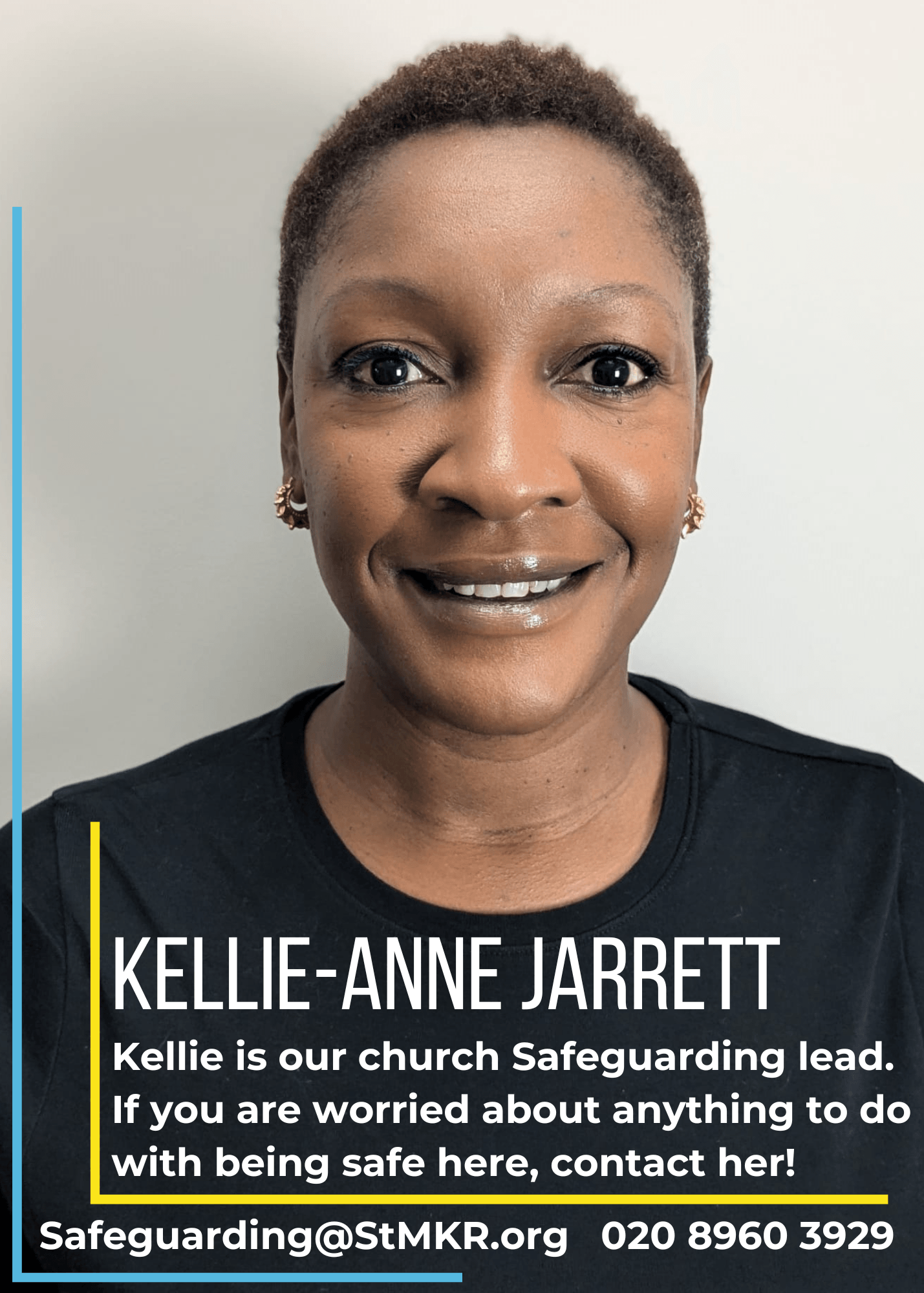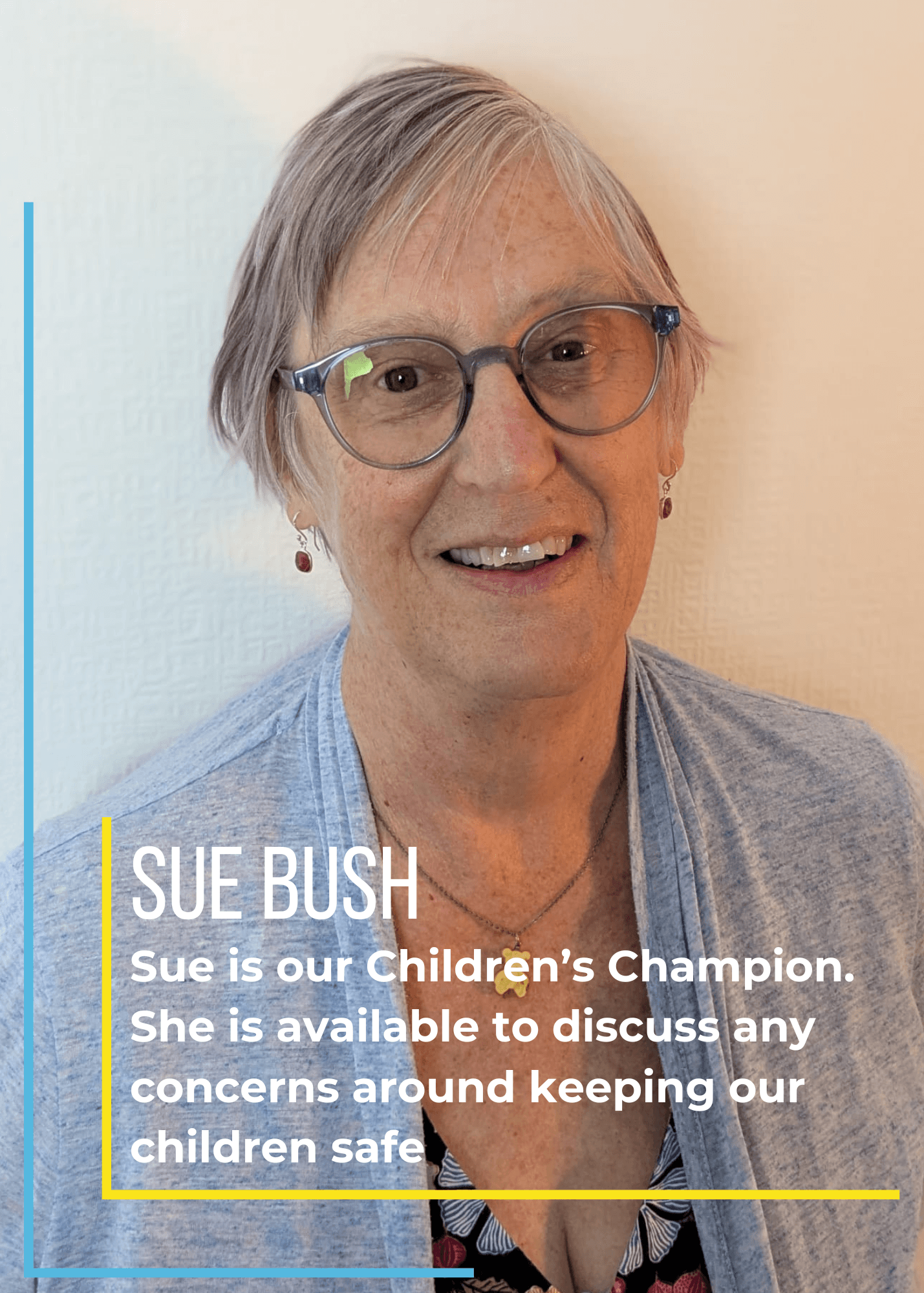Keeping Everyone at St Mark's Safe
St Mark's is blessed to be a trusted place for many including, children, families and vulnerable adults. We take the well-being of every person in our church community seriously and value each equally. We are, therefore, committed to ensuring that our church is a safe place for all who worship with us.
We have robust systems in place to prevent and respond to concerns of abuse and we have adopted the Church of England policy on Promoting Safer Church
If you think a child or adult is at immediate risk of harm or a crime has been committed, you should call 999.
If you have any concerns around the welfare of a child or vulnerable adult, please contact our Safeguarding Officer (details can be found below)
If you have a safeguarding concern or something to report.
St Mark's Safeguarding Team
The whole PCC is trained in safeguarding practice, but if you have concerns or questions about safeguarding, please contact our Parish Safeguarding Officer, Kellie
see her in church
email at safeguarding@StMKR.org
phone on 020 896 03929
or using the reporting tool below
We also have a Children's Champion, Sue, who can be contacted in church or via admin@StMKR.org.
You can see Kellie and Sue's pictures below
Other Contacts
If you would prefer to speak with someone outside of KXC, please contact the Safeguarding Team at the Diocese of London or one of the following agencies:
London Diocesan Safeguarding Officer: 020 7932 1224
NSPCC Child Protection Helpline: 0808 800 5000
Childline: 0800 1111
Thirtyone:Eight: 0303 003 1111
Samaritans: 116 123
National Domestic Abuse Helpline: 0808 2000 247
Mankind: 01823 334244
Streetlink: 0300 500 0914

